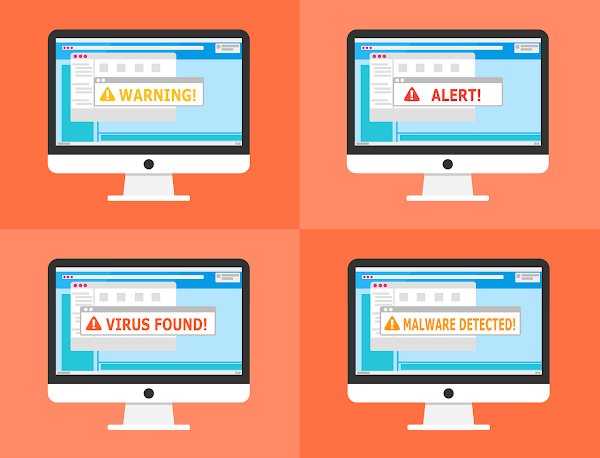Discord, the popular communication platform used by millions worldwide, has confirmed a data breach that compromised the systems of one of its third-party customer support providers. The incident, which occurred on September 20, 2025, allowed an unauthorized individual to gain access to a database containing user information linked to customer support interactions. Discord disclosed the breach in an official statement released on October 3, assuring users that the attack did not target its internal servers or primary infrastructure.
According to the company, the attacker infiltrated a third-party vendor that managed certain customer service functions on behalf of Discord. Once discovered, Discord immediately revoked the vendor’s access, launched an internal review, and appointed an external cybersecurity firm to conduct a forensic investigation. Law enforcement authorities have also been notified, and Discord says that the investigation remains ongoing.
Details of Compromised Information
Discord confirmed that the breach involved data submitted through customer support or Trust & Safety tickets. This included users’ names, email addresses, Discord usernames, IP addresses, and any messages or attachments exchanged with support representatives.
In addition, a limited amount of payment-related data was exposed. This information was restricted to payment type, purchase history, and the last four digits of credit card numbers. Full credit card numbers, security codes, passwords, and account authentication data were not accessed.
In a smaller subset of cases, images of government-issued identification, such as driver’s licenses or passports, were also accessed. These documents were typically submitted by users appealing age-verification decisions or account restrictions. Discord stated that approximately 70,000 accounts may have been affected in this way.
Ongoing Investigation and Conflicting Claims
While Discord has provided official figures, several online reports have circulated with conflicting claims regarding the size and nature of the data stolen. Some threat actors have claimed responsibility for the breach, while others have denied involvement, and certain forums have reported exaggerated data volumes. Discord has cautioned users to approach such claims with skepticism, describing them as part of an extortion attempt aimed at pressuring the company into paying a ransom.
The identity of the compromised vendor has also been discussed in several reports. Discord named the third-party service provider involved in its statement, while other publications have mentioned companies such as Zendesk and 5CA in connection to the breach. However, details about the vendor’s technical infrastructure and the exact attack vector remain under forensic examination.
What Affected Users Should Do
Discord has contacted users whose information was affected, sending official notification emails that include the corresponding support ticket numbers. Those who received this communication are advised to follow the instructions in the email and verify which data may have been accessed.
Users who did not receive a message from Discord are believed to be unaffected. However, all users are urged to stay vigilant by monitoring bank statements for unauthorized activity, avoiding suspicious links or phishing emails, and reporting any unusual behavior through Discord’s official support channels. The company also recommends enabling multi-factor authentication to strengthen account security.
This incident underlines a broader cybersecurity challenge that many organizations face: third-party vulnerabilities. Even when a company’s internal systems are well protected, outsourced vendors handling sensitive user data can become weak points in the security chain.
Cybersecurity experts note that such breaches highlight the need for stricter vendor management, including routine audits, limited data retention policies, and well-defined access controls. Companies must ensure that external partners uphold the same data protection standards expected within their own infrastructure.
Discord’s Response
Discord stated that it remains committed to protecting user privacy and maintaining transparency as the investigation continues. The company is working closely with forensic specialists to identify the extent of the exposure and prevent similar incidents in the future.
The breach serves as a reminder for users to remain cautious online and for organizations to constantly evaluate their digital supply chains. As investigations continue, Discord has emphasized that no action is required from users who have not received a notification, but heightened awareness remains essential for all.












